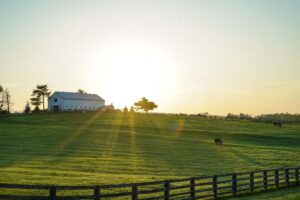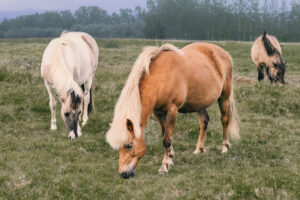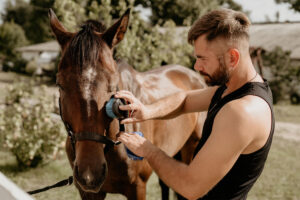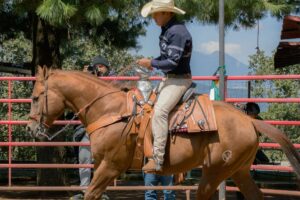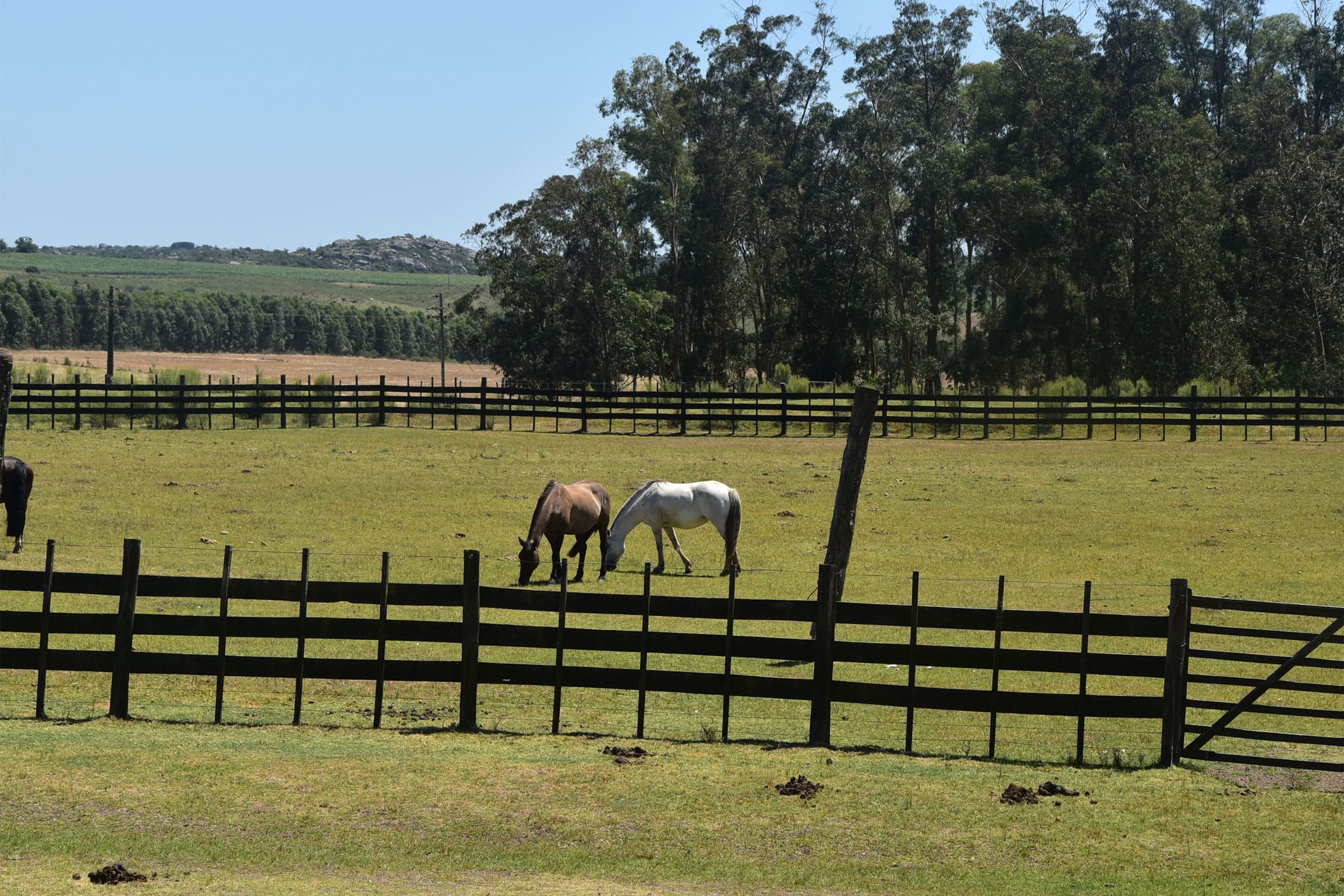
Legal Matters: The equestrian world, with its long-standing traditions and passionate community, is not without its legal considerations. Horse owners, trainers, riders, and others involved in the equine industry must be aware of the potential legal challenges that can arise. Understanding these common legal issues is crucial for ensuring the well-being of horses, compliance with regulations, and safeguarding one’s rights. In this article, we will explore key legal considerations in the equestrian world, providing valuable insights for those navigating the legal landscape of this vibrant industry.
Liability and Negligence:
One of the primary legal concerns in the equestrian world is liability. Horses are powerful and unpredictable animals, and accidents can happen, resulting in injuries to riders, trainers, or third parties. Horse owners, trainers, and riding facilities can potentially be held liable for injuries caused by their horses under the principles of negligence. Therefore, it is crucial to maintain safe premises, provide proper instruction, and ensure horses are suitable for their intended use. Liability waivers and insurance coverage are also vital tools for managing risk and minimizing legal exposure.
In cases where a person is injured due to the negligence of another party, they may have a legal basis to seek compensation for their injuries. This can include medical expenses, pain and suffering, and lost wages. However, proving negligence can be challenging, as it requires demonstrating that the defendant breached their duty of care towards the injured party. It is essential to consult with legal professionals specializing in equine law to understand the specific requirements in your jurisdiction.

Equine Activity Liability Acts (EALA):
Many jurisdictions have enacted Equine Activity Liability Acts (EALA) to protect horse-related businesses from lawsuits resulting from inherent risks associated with equine activities. These laws often require warning signs, assumption of risk agreements, and other safety measures. The purpose of EALAs is to promote responsibility and reduce the potential for lawsuits arising from horse-related injuries. However, the specifics of EALAs vary by state or country, so it is essential to consult local laws and regulations to ensure compliance.
Contracts and Agreements:
Contracts play a vital role in the horse world, governing various relationships and transactions. Whether it is buying or selling a horse, leasing a facility, or entering into training agreements, having written contracts can help protect the parties involved. These contracts typically address ownership, responsibilities, liability limitations, payment terms, and dispute resolution mechanisms.
When drafting or reviewing contracts, it is crucial to consider the specific needs and circumstances of the parties involved. Each agreement should be tailored to reflect the intentions of the parties and protect their interests. Seeking legal counsel experienced in equine law can provide guidance and ensure that contracts are legally sound.

Equine Sales and Purchases:
Purchasing or selling a horse can be a complex process involving significant financial investments. Issues can arise regarding misrepresentation, warranty, health conditions, and suitability for the intended purpose. Therefore, it is crucial to conduct due diligence, including veterinary examinations and obtaining written agreements that clearly outline the terms and conditions of the sale.
Adhering to local laws governing horse sales and purchases is essential to avoid potential disputes and legal complications. Some jurisdictions have specific regulations related to the disclosure of health issues or pre-purchase examinations. It is advisable to consult with legal professionals who specialize in equine law to navigate the legal intricacies and protect one’s rights in such transactions.
Intellectual Property Rights:
Intellectual property issues have become increasingly relevant in the equestrian world, particularly concerning trademarks, copyrights, and branding. Protecting original horse-related artwork, logos, and names is crucial for breeders, trainers, and businesses seeking to establish their unique identity and prevent unauthorized use by others.
Trademarks can be used to protect logos, names, and symbols associated with a specific brand or business. Copyrights, on the other hand, protect original creative works such as photographs, books, or instructional materials. Understanding the basics of intellectual property law and consulting with an attorney experienced in equine law can help navigate these complex legal matters and safeguard one’s creative efforts.
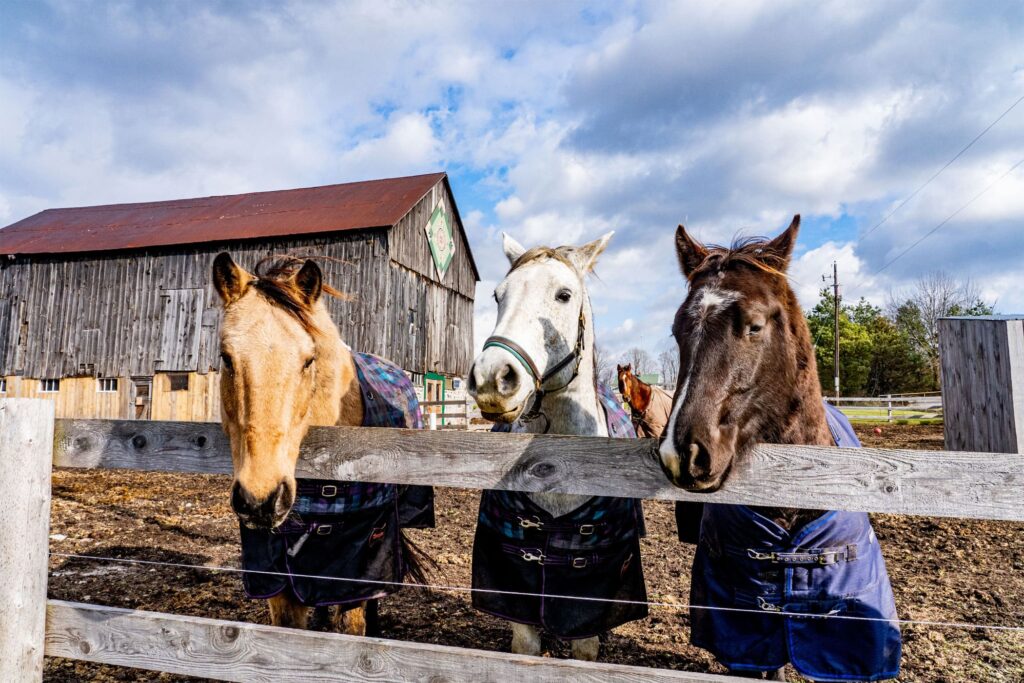
Equine Welfare and Regulations:
The welfare of horses is of paramount importance, and numerous regulations are in place to ensure their proper care, treatment, and transportation. These regulations encompass areas such as adequate shelter, nutrition, veterinary care, and humane training methods. Compliance with local, state, and federal laws and regulations is essential to maintain the well-being of horses and avoid legal repercussions.
Staying informed about current regulations and engaging in responsible horsemanship practices is crucial for all individuals involved in the equine industry. This includes being aware of regulations related to horse transportation, stable management, and competition rules. Regular veterinary care, proper feeding practices, and appropriate training techniques are vital for meeting legal standards and providing horses with a safe and healthy environment.
Conclusion:
The equestrian world offers a unique blend of passion, athleticism, and tradition. However, it is crucial to be aware of the legal issues that can arise within this realm. From liability concerns to contracts, intellectual property rights to equine welfare, understanding and addressing these legal considerations are essential for maintaining a thriving and legally compliant horse industry. By staying informed, seeking legal advice when necessary, and adopting best practices, individuals can navigate the legal landscape and ensure the well-being of horses while enjoying all the wonders that the equestrian world has to offer. It is always advisable to consult with legal professionals who specialize in equine law to ensure compliance with local regulations and protect one’s rights and interests in the horse world.

